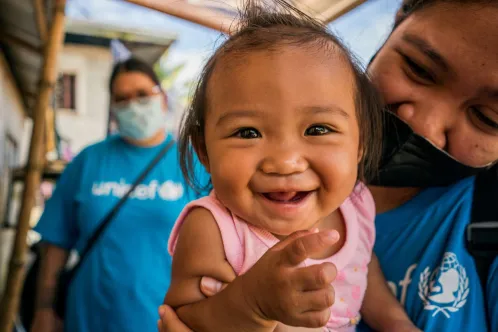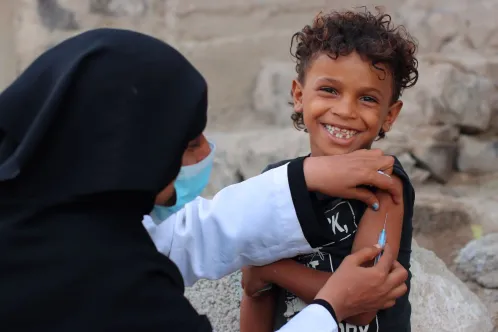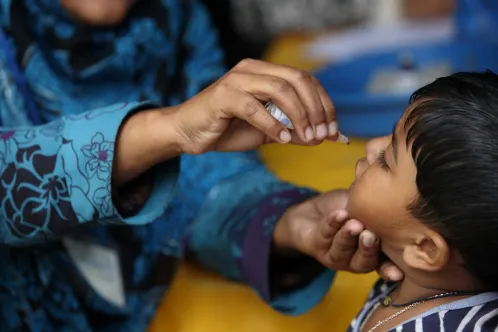Providing quality healthcare to mothers and newborns
Newborns and mothers have a greater chance of surviving today than they did just two decades ago. But despite the progress, many newborns and mothers – including adolescent mothers – still die from preventable causes, such as infectious diseases and complications during pregnancy or childbirth.
UNICEF is committed to protecting the lives of mothers and newborns by supporting high-quality, equitable and low-cost care and services before, during and after birth.
Maternal mortality can be prevented
Globally, every two minutes, a woman dies during pregnancy or childbirth. In 2020, there were an estimated 287,000 deaths worldwide. Almost every one of these deaths was preventable.
Severe bleeding, high blood pressure, pregnancy-related infections and complications from unsafe abortions are the leading causes of maternal deaths. These are all largely preventable with timely access to high-quality healthcare. If this trend isn't reversed, the lives of over 1 million more women will be at risk by 2030.
Uneven access to affordable, high-quality healthcare and services impedes many countries from improving maternal and newborn survival and reducing stillbirths. A significant proportion of maternal and newborn deaths occurs in settings of conflict or displacement.
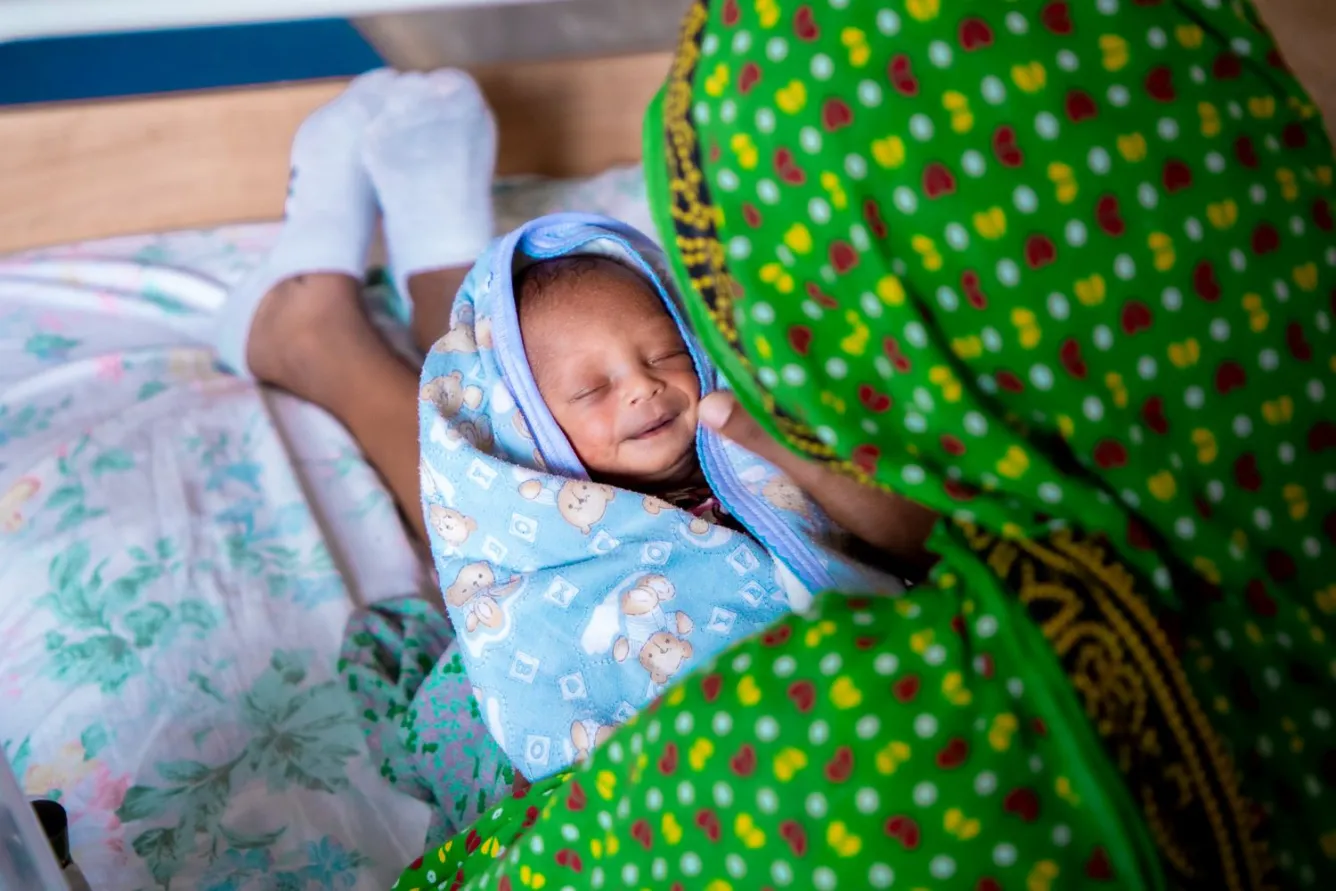
UNICEF’S work to improve maternal and newborn health
All babies and mothers should have access to affordable, high-quality healthcare before, during and after pregnancy. To make services accessible to all, UNICEF and our partners adopted the Every Newborn Action Plan (ENAP), a global road map to reduce newborn mortality and stillbirths.
As part of this commitment, UNICEF provides countries with essential high-quality maternal and newborn services, such as:
- Life-saving interventions delivered through home visits by well-trained community health workers;
- Small and sick newborn care;
- Kangaroo care – a practice that uses skin-to-skin contact between parents and babies to increase their chances of survival.
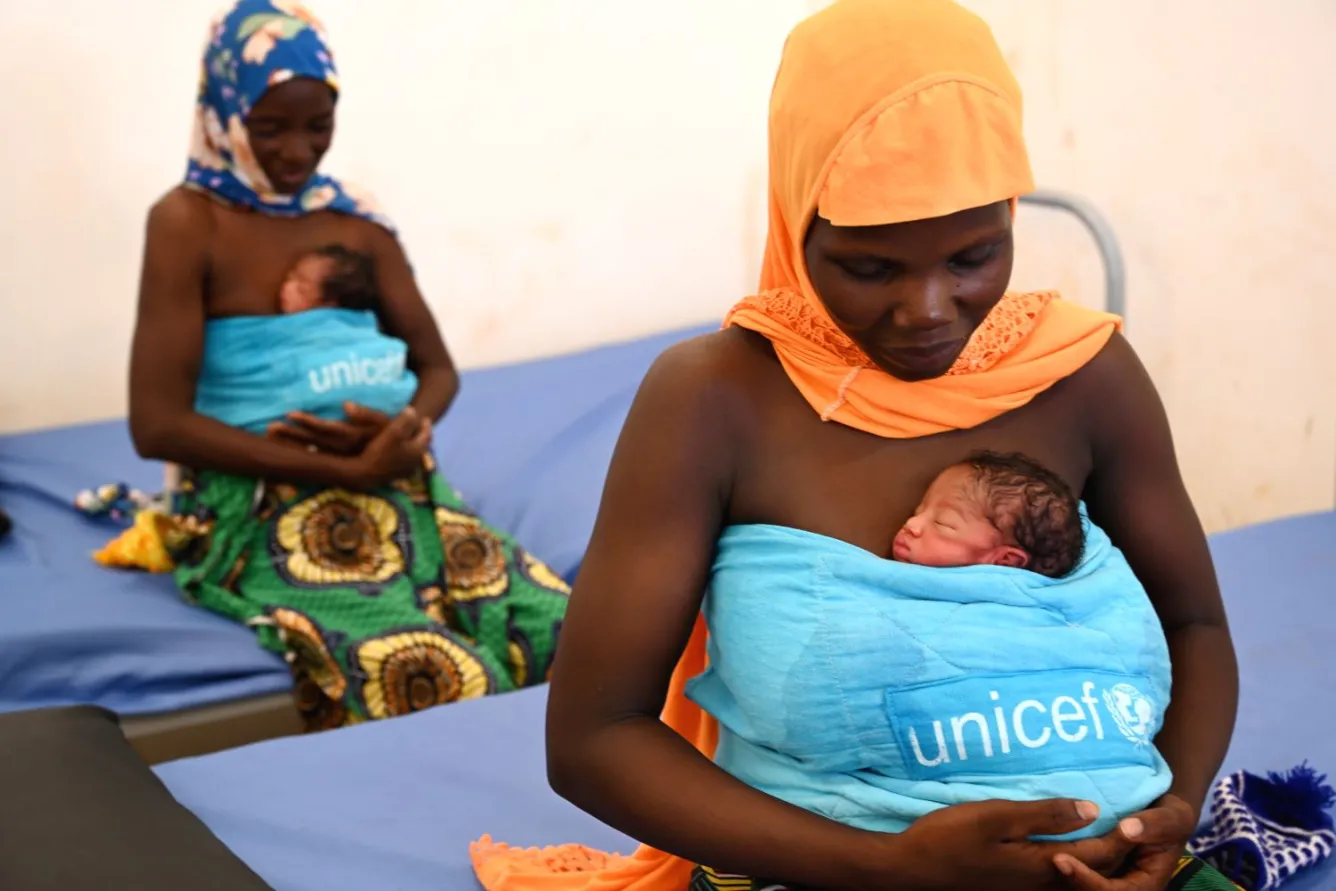
We also work with partners to eliminate maternal and newborn tetanus, collect information on adolescent pregnancies and train healthcare workers to address the specific needs of adolescent mothers.
Additionally, UNICEF is committed to enhancing community-centered primary healthcare. This will help enable equitable access to critical services such as assisted births and pre- and postnatal care, childhood vaccinations, nutrition and family planning.

